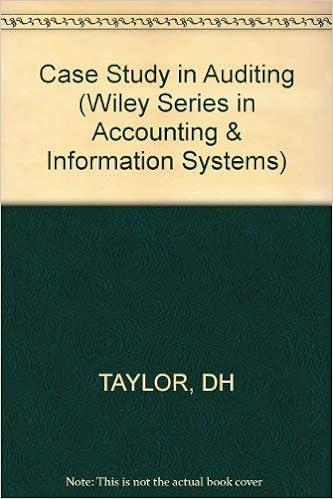Question
In each step of the research process, our judgment is prone to biases (silent prejudices). Confirmation Bias - weighing information which supports our own ideas
In each step of the research process, our judgment is prone to biases (silent prejudices).
Confirmation Bias - weighing information which supports our own ideas more heavily
Availability Bias - weighing readily available information more heavily
Recency Bias - giving more weight to recently received information
Anchoring and Adjustment - failure to incorporate new information which challenges previous information
Hindsight Bias - assuming, after the fact, you would have made the right decision
Groupthink Bias - giving greater weight to the consensus or senior opinion
Escalation of Commitment Bias - not "cutting your losses"
Overconfidence Bias - overestimating your own ability to make accurate decisions
They are part of human nature and it is normal for our minds to apply mental shortcuts in order to filter and process information. These mental shortcuts can substantially affect and influence how we make decisions. It is critical that we understand these biases exist and how to overcome them.
1. How have you experienced bias in your life? How might biases affect how you apply the research process?
2. Name a strategy to overcome biases.
Step by Step Solution
There are 3 Steps involved in it
Step: 1

Get Instant Access to Expert-Tailored Solutions
See step-by-step solutions with expert insights and AI powered tools for academic success
Step: 2

Step: 3

Ace Your Homework with AI
Get the answers you need in no time with our AI-driven, step-by-step assistance
Get Started


